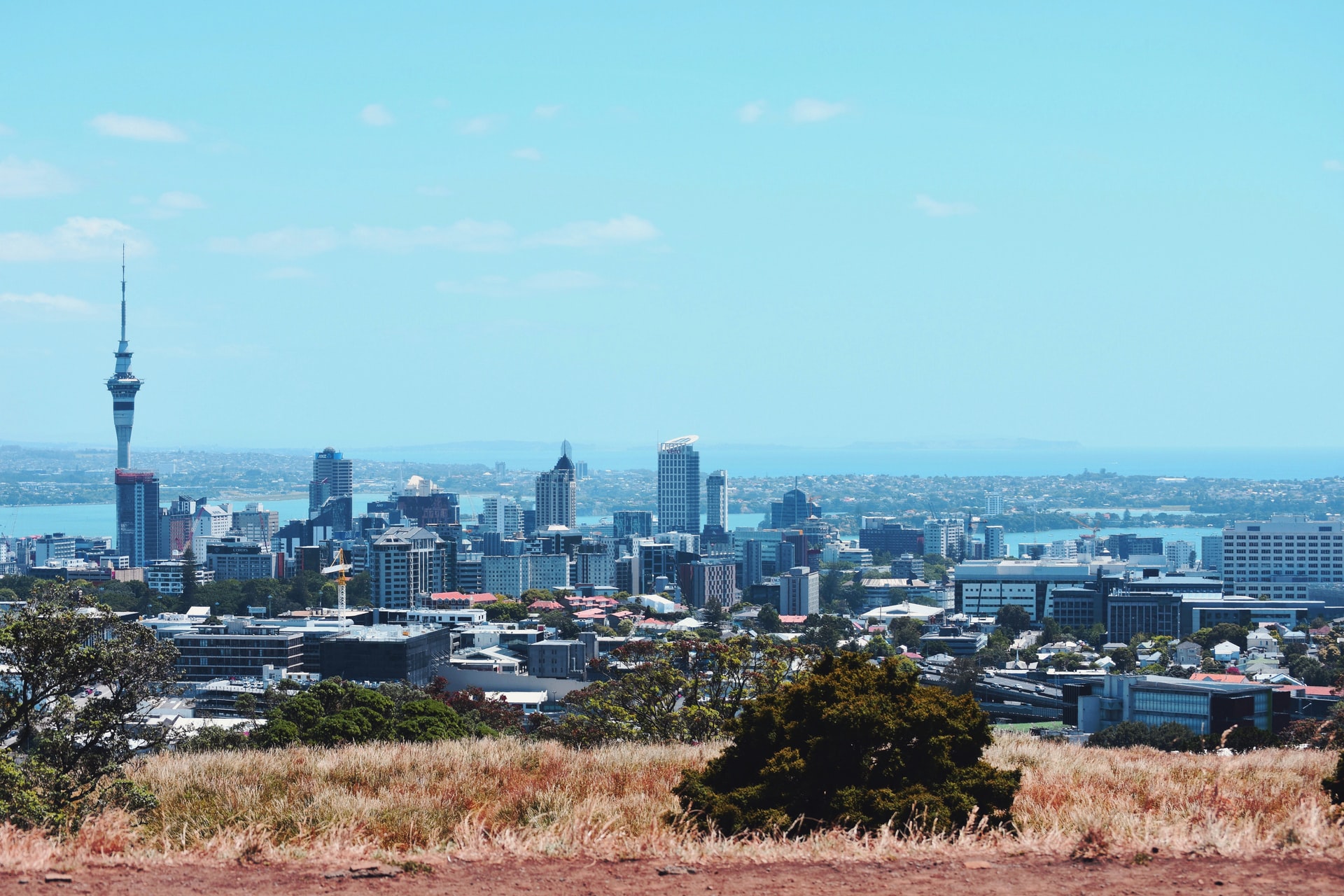Auckland will join the rest of New Zealand at Alert Level 1 on Wednesday night, Jacinda Ardern has announced.
The decision comes nearly two weeks since the last evidence of community transmission. However, the Prime Minister urged Kiwis to continue using the COVID tracer app and to stay vigilant to COVID-19 symptoms.
The SMC asked experts to comment on the announcement.
Dr Andrew Chen, Research Fellow, Koi Tū: The Centre for Informed Futures, The University of Auckland, comments:
“As Auckland enters Level 1, we may see increased levels of mobility and will see the return of larger group gatherings. If COVID-19 returns to the community, these both increase the risk of the infection spreading quickly and in ways that may be difficult to predict.
“All of us have to play our role in taking preventative actions to protect ourselves and the people around us. One of the most important things we can do is to keep track of our own movements to support contact tracing processes. In the event of a new outbreak, the contact tracers will want at least 14 days of movement records to help them find other people who may have been exposed and to cut off the chains of transmission. We can’t just start keeping records at the beginning of the next outbreak – we need records before it arrives.
“Using the NZ COVID Tracer app is one of the most effective ways to keep track of your records. Scanning the QR codes allows you to maintain a personal diary on your device, and importantly also allows the Ministry of Health to send you a notification to check if you were at the same time and place as someone that has tested positive for COVID-19. It is worth noting for businesses that the display of an NZ COVID Tracer QR code is still mandatory at Level 1, and there could be infringement fees and fines for non-compliance.
“If you cannot or do not want to use the NZ COVID Tracer app, other methods of keeping track of your movements include using a pen-and-paper diary or taking timestamped photos of the places you go. This is one tool to help us reduce the impact of future outbreaks, along with other preventative actions like washing your hands and wearing face masks.”
Conflict of interest statement: I have met with the Ministry of Health and provided some advice, but have no financial relationship.
Jacqui Maguire, Registered Clinical Psychologist, comments:
“Today’s announcement that Auckland will return to level 1 on Wednesday will be welcomed news by many; especially for business owners and staff in the hospitality and tourism sector.
“This news should be rejoiced. For those voicing opinions that this is merely a political manoeuvre 12 days prior to the election, it is important to remember that cynicism and speculation are unhelpful. This nature of discussion fuels unnecessary anxiety and anger. It’s more conducive to the nation’s wellbeing to trust that the incumbent government have made an evidence-based decision, remembering that research clearly asserts reducing liberties in a pandemic response longer than deemed necessary can cause significant harm to mental health.
“One further comment is that the government today recommended New Zealanders continue level 2 precautions (e.g. wearing masks on public transport and restrict gathering sizes) despite no enforceable requirements. Whilst I believe we need to maintain vigilant to a virus that is likely to reappear, without an imminent threat to daily living, it can be hypothesised the lack of strict regulations will lead to complacency. From a behavioural psychology perspective clarity, simplicity, reminders, routine, reinforcement and reward are the ingredients for effective behaviour change and maintenance“
No conflict of interest.
Lesley Gray, Senior Lecturer, Department of Primary Health Care & General Practice, University of Otago, comments:
“I think the right decision will be a move to Level 1 for Auckland this week, although given our experience with unanticipated community transmission in August, I do feel that mask wearing on public transport should be required at all Alert Levels.
“I have observed that mask wearing on trains (for example) has dropped to very low numbers. It is encouraging that around 3 million people have now downloaded the Covid tracer app, however if people are not scanning when entering a business, or signing in if they do not have the app, is a bit like having fly screens on your windows with your doors wide open!
“The better we are at recording our movements, the quicker we can alert possible contacts if we were to have a future community outbreak. Maintaining good hand hygiene, covering coughs or sneezes and not becoming complacent are key.”
Conflict of interest statement: I am actively researching in this area with an HRC/MoH funded grant.
Dr Dougal Sutherland, Clinical Psychologist, Victoria University of Wellington and Umbrella Wellbeing, comments:
“Aucklanders will no doubt breathe a sigh of relief at today’s announcement of moving down to alert level 1. However, they should be wary about breathing that sigh of relief too heavily or without a face mask.
“The recent period of community transmission in Auckland will hopefully be the trigger for embedding public-health behaviours, such as using QR codes and wearing face coverings, into our everyday lives. For many, the end of our first lockdown period in May was followed by a sense of complacency and return to normal. We didn’t fully embrace the need to keep taking extra precautions when out in public. The second bout of community transmission in Auckland may well cement in our minds the need for continued caution and wariness, prompts which are necessary if we are to continue to engage in new behaviours like wearing face-coverings.
“COVID-19 has no moral compass. It can infect us no matter whether we think we deserve it or not. So we need to pay heed to the memory of what can happen if the virus escapes into the community and use that fear to sustain our safety behaviours.”
No conflict of interest.
